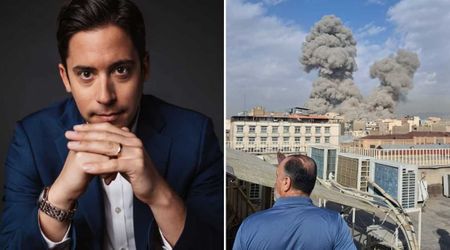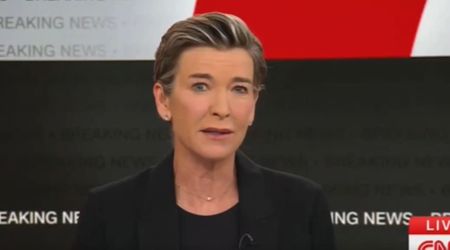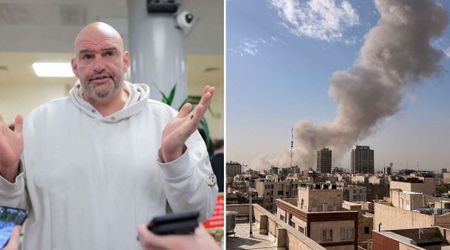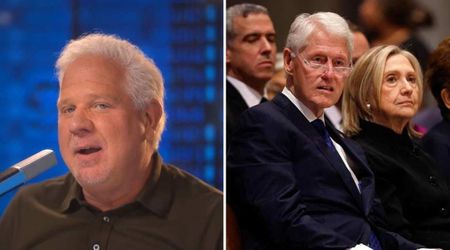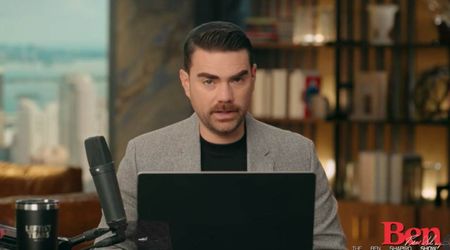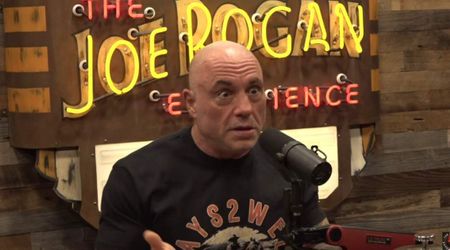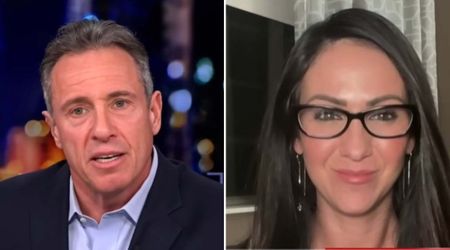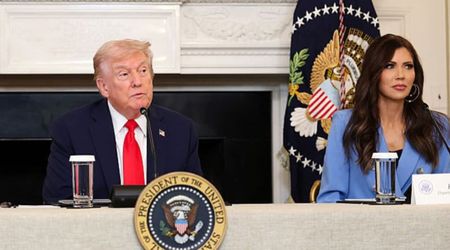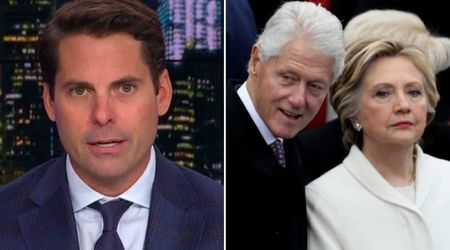BBC apologizes to Trump amid $1B lawsuit threat but rejects claim for compensation
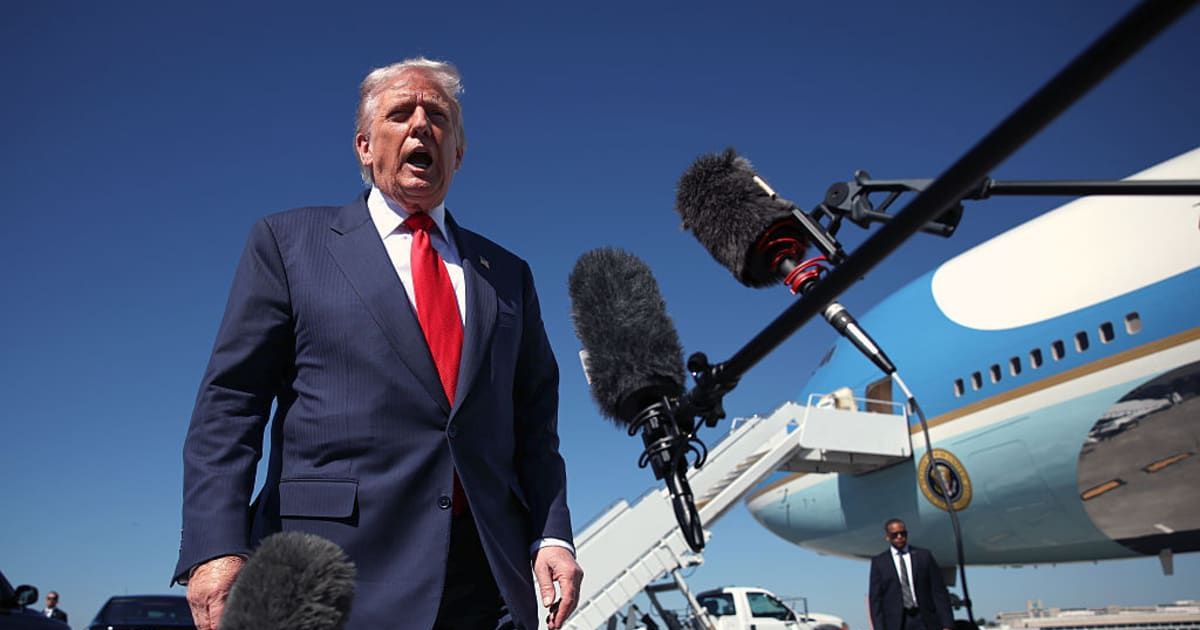
WASHINGTON, DC: The BBC has apologized to President Donald Trump amid his threat of a $1 billion lawsuit connected with an edited clip of his January 6, 2021, speech, featured in a documentary.
The corporation apologized for the edit and confirmed it will not rebroadcast the controversial program, but it strongly disagreed that there is a basis for a defamation claim.
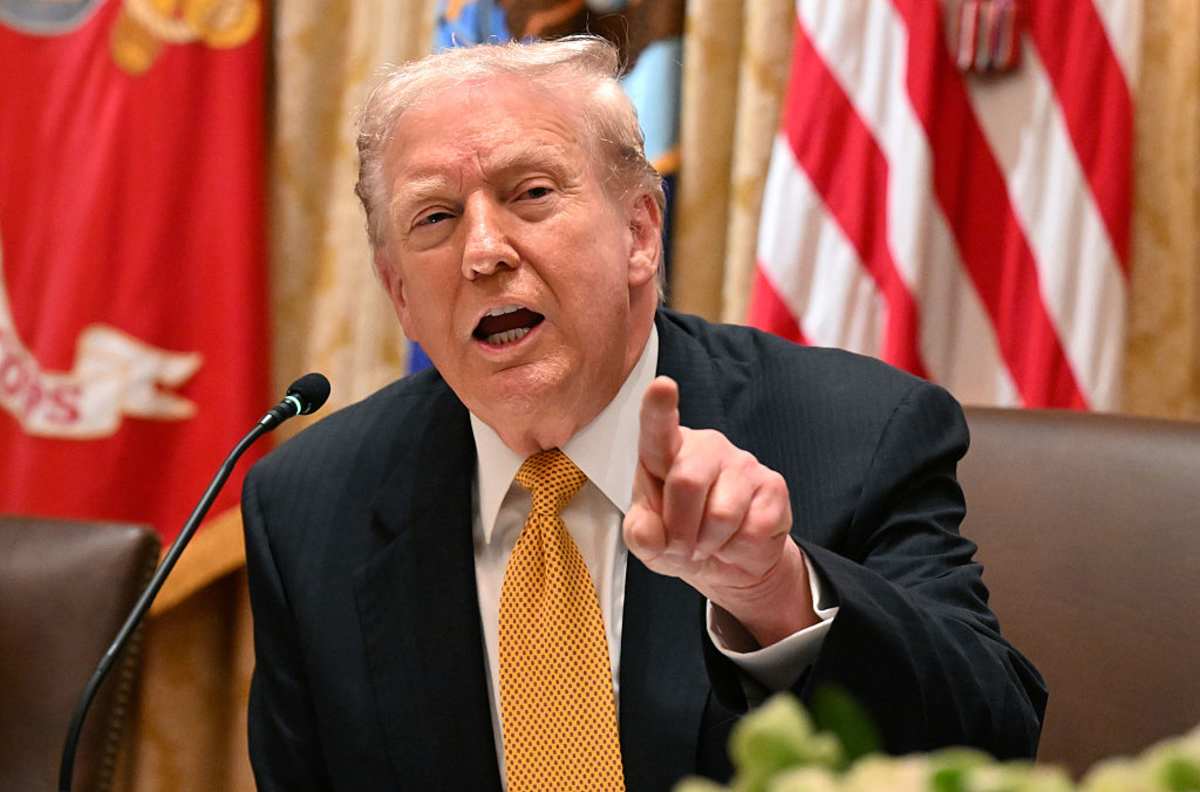
BBC issues formal response to Trump's team
The lawyers for the BBC have formally responded to President Donald Trump's legal team, following the threat of a lawsuit. A BBC spokesperson confirmed to CNN that letters were sent out on Thursday, November 13.
BBC Chair Samir Shah "has separately sent a personal letter to the White House making clear to President Trump that he and the corporation are sorry for the edit of the president's speech on 6 January 2021, which featured in the programme."
#BREAKING: BBC Director General Tim Davie and CEO of News Deborah Turness resign over criticism of Donald Trump documentary edit after Telegraph exposed BBC bias. BBC has long been accused of a bias and a slant in India as well.
— Aditya Raj Kaul (@AdityaRajKaul) November 9, 2025
pic.twitter.com/zDYlxHKvKg
The controversy focuses on a 'Panorama' documentary that critics say misleadingly edited Trump's speech before the US Capitol attack to omit his urging supporters to protest "peacefully" and by stitching together remarks he made nearly an hour apart.
The BBC spokesperson said the corporation "has no plans" to re-air the documentary on any of its platforms. While acknowledging the issue, the spokesperson added, "While the BBC sincerely regrets the manner in which the video clip was edited, we strongly disagree there is a basis for a defamation claim."
Trump had threatened a $1 billion lawsuit if the "false, defamatory, disparaging, and inflammatory statements" were not immediately retracted.
BBC's top executives resign amid bias accusations
The controversy surrounding the documentary prompted high-profile resignations at the top of the BBC, including those of BBC News chief executive Deborah Turness and Director-General Tim Davie.
Turness said, "I stepped down over the weekend because the buck stops with me. But I'd like to make one thing very clear, BBC News is not institutionally biased."
"BBC News is not institutionally biased"
— Lee Harris (@addicted2newz) November 10, 2025
Says Deborah Turness, who has resigned because the BBC is institutionally biased.
I despise these people.
All they do is lie. pic.twitter.com/qWd3xUrqHY
She further defended the journalists, saying, "Our journalists aren't corrupt. Our journalists are hardworking people who strive for impartiality, and I will stand by their journalism. There is no institutional bias. Mistakes are made."
Despite the BBC's apology with respect to the editing, Trump's lawyers remain resolute, convinced that "the BBC's reckless disregard for the truth underscores the actual malice behind the decision to publish the wrongful content given the plain falsity of the statements."
Trump sets deadline for BBC to meet all demands
Among the demands from Donald Trump against the BBC were "a full and fair retraction of the documentary," a retraction of any other false statements, an apology, and compensation.
His letter set a strict deadline for compliance, stating, "If the BBC does not comply with the above by November 14, 2025, at 5:00 p.m. EST, President Trump will be left with no alternative but to enforce his legal and equitable rights, all of which are expressly reserved and are not waived, including by filing legal action for no less than $1,000,000,000 (One Billion Dollars) in damages. The BBC is on notice."
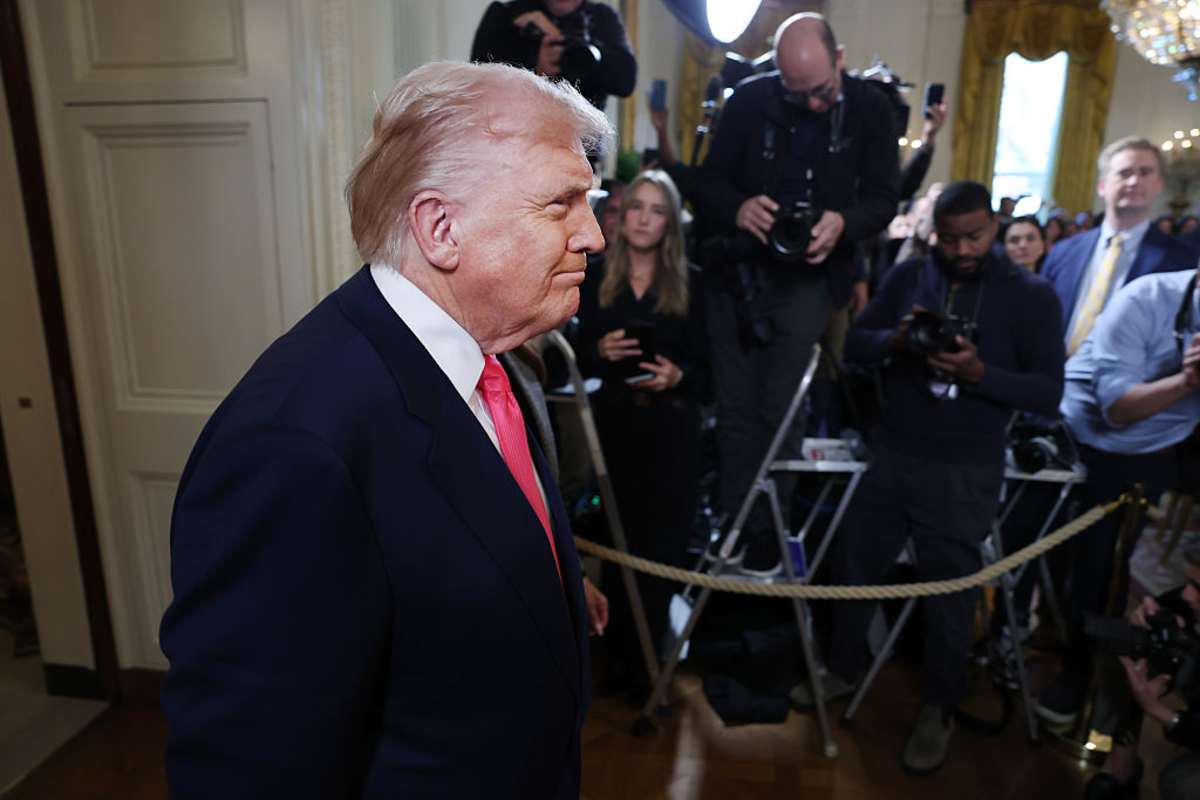
The overall controversy gained public prominence when The Telegraph published excerpts from a whistleblower dossier compiled by Michael Prescott, a communications advisor hired by the BBC to review its editorial standards. This dossier criticizes not only the Trump edit but also points to other concerns regarding BBC coverage, including its reporting on transgender issues and alleged anti-Israel bias in the BBC's Arabic service.

